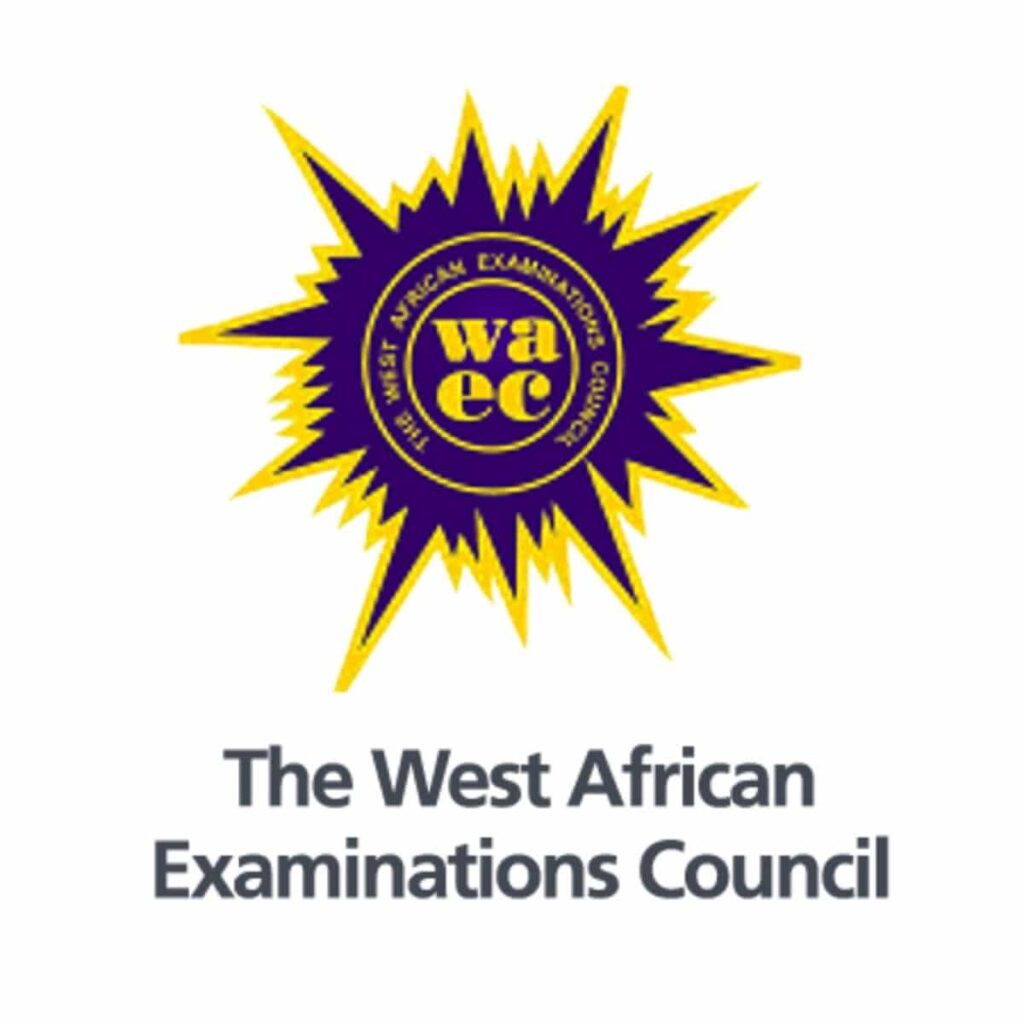By: Theresa Moses

Recently, the West African Examinations Council (WAEC) found itself in the crosshairs of the House of Representatives’ Committee on Basic Examination Bodies. The Committee’s investigation into WAEC’s revenue and expenditure has ignited widespread media coverage, bringing to light concerns regarding the Council’s financial and administrative practices. Allegations of unsatisfactory responses from WAEC representatives during their appearance before the Committee have further fuelled these concerns.
WAEC, established in 1952, is an international examining body with a mandate to determine and conduct examinations in the public interest and to award certificates to deserving candidates across Nigeria and other Anglophone West African countries. Through the decades, WAEC has earned a reputation as a reliable and respected institution, integral to the educational framework in West Africa. However, the recent scrutiny by the House of Representatives Committee raises questions about the Council’s operations and financial management.
Findings: Financial and Administrative Procedures

Revenue and Expenditure: A Deficit in 2023
One of the primary concerns raised during the House Committee’s investigation was the financial health of WAEC. The Council’s revenue generation and expenditure have come under intense scrutiny, particularly for the 2023 financial year. According to our findings, WAEC generated revenue of ₦34 billion in 2023. However, the Council recorded a significant deficit of ₦6 billion, which was supposed to be covered by the Federal Government.
WAEC’s financial operations are influenced by the fact that it is not allowed to charge economic fees for its examinations, given its role in providing social services in the education sector. In Nigeria, the Federal Government augments WAEC’s revenue through appropriations in the federal budget, which cover personnel emoluments, overhead expenses, and specific capital projects. Despite this, the government’s contribution has been limited, averaging only 15 percent of WAEC’s budget per annum between 2018 and 2023.For the 2023 financial year, WAEC’s expenditure was ₦40 billion, against revenue of ₦34 billion. The Federal Government was expected to provide ₦6 billion to bridge the gap, but only ₦3.5 billion was appropriated.
The Council’s deficit is expected to be confirmed upon the publication of the final audited account. WAEC’s adherence to prudent management practices, such as implementing budgets based on available funds, was highlighted during the investigation. However, the shortfall in government funding remains a significant concern.
₦5B Loan

In 2022, WAEC was compelled to navigate a challenging economic landscape, with inflation rates threatening its operational viability. To fulfill its obligations, particularly the procurement of critical examination materials, the Council secured a ₦5 billion loan from First Bank of Nigeria Ltd. This loan was specifically used to procure customised calculators and was fully repaid according to the agreed-upon terms. The loan’s approval followed due process, including endorsement by WAEC’s Governing Board.
WAEC’s adherence to constitutional provisions, including section 80(4) of the Nigerian Constitution (as amended), in its financial dealings was emphasised during the investigation. The Council operates under the WAEC Act, which outlines its financial powers, including the ability to borrow and maintain specific funds.
Allegations

The House Committee also raised concerns about alleged breaches of financial regulations, particularly regarding the Public Procurement Laws and the Financial Regulations Act. A key point of contention was the procurement process for the construction of the Jalingo Branch Office in 2018. The government allocated ₦53,531,028, which was only 10 per cent of the total contract sum of ₦532,071,367.81. This led to questions about whether WAEC’s procurement practices fell within the scope of Public Procurement Act.
However, the investigation revealed that the contract did not fall within the purview of the Public Procurement Act, as the Federal Government’s contribution was less than the 35 per cent threshold required for such oversight. Additionally, WAEC mobilised the contractor with 50 per cent of the project value to avoid cost variations due to inflation. The project has since been completed and commissioned.
Transparency and Accountability
Despite the recent scrutiny from the House of Representatives Committee, WAEC remains undaunted in upholding principles of transparency and accountability. Over the years, professionalism in WAEC has earned great credibility as it has consistently met a high standard of financial and administrative practices. These, therefore, go to underscore its tenacity in ensuring operational transparency with a strong commitment to these values that helps the organization remain focused on its core mission of delivering quality educational assessment in West Africa.
Gatmash News will continue to monitor developments and provide updates on this critical issue.
Share your story or eyewitness reports with Gatmash News, www.gatmash.com anytime, anywhere! Reach us via SMS/Whatsapp: +234(0)8072022024 or email: [email protected]
Follow us on X (formerly Twitter), Instagram, Facebook @Gatmash, and subscribe to Gatmash TV on YouTube.
As a leading news portal, we deliver exclusive breaking news and reports globally. Visit our website: www.gatmash.com
For ad placement, contact us at [email protected] or call +234(0)8072022024.
Join the conversation and stay informed with Gatmash News!





